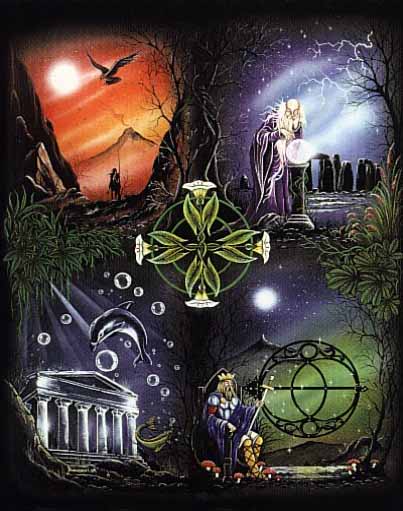

John may have been following the example of contemporary Jews who baptized converts as “new persons” and used water extensively for cleansing rituals. If Jesus hadn’t been baptized, it’s not likely that the ritual would have survived, said Haitch, author of “From Exorcism to Ecstasy: Eight Views of Baptism.”Īt the time, John’s baptisms symbolized a moral cleansing and a turning of one’s life to God. When Christians are baptized, they are following the example of Jesus, who the Bible says was baptized by his cousin John the Baptist in the Jordan River. It symbolizes the total transformation of one’s life.” Russell Haitch, a United Methodist and associate professor of Christian education at Bethany Theological Seminary in Indiana, “it’s a way of being incorporated into the death and resurrection of Jesus. Baptists, Catholics, and Eastern Orthodox believers may never agree on when and how proselytes should be submerged or sprinkled, but all agree that water is the essential element for washing away sins and saving souls. Others, like Catholics, believe that holy water sanctified by priests can confer blessings and even ward off evil.įor most Christians, water plays a particularly important role as the vehicle through which new members are baptized into the faith. Some religions believe that water derived from a particular source, such as the Zamzam Well in Mecca, has healing properties. Nearly every major religion uses water for ritual cleansing, whether believers are readying a loved one for burial or preparing to enter sacred spaces. “That’s the beauty of these kinds of symbols,” Narayanan said, “they give room to be interpreted in many different ways.” Today, the wedding fire is sometimes also associated with the romantic spark that drew the betrothed together. Almost every major marker in Hindu life - from birthdays to funerals - can only be done in front of fire, Narayanan said.įire is considered an ever-watchful witness, present in the sun in the sky and in the hearth at the center of many Indian homes, and thus an apt element to watch over the wedding ceremony. Prometheus stealing the fire from the gods, Hindus associate fire with the intellect and knowledge. Like the ancient Greeks, who composed the myth of the mortal People in India have revered the fire god Agni (the original source of the word “ignite”) for thousands of years, said Vasudha Narayanan, an expert on Hinduism at the University of Florida. “If we’re not allowed to use fire, we’d change locations.” “I don’t think I’ve ever heard of a wedding ceremony that hasn’t had a fire,” said Shah, who is director of development for the Hindu American Foundation. Just as many Western cultures require witnesses at wedding ceremonies, for Hindus like Shah, fire serves as an essential divine witness without the flames, a wedding is not considered complete or authentic. The happy couple circled the fire - contained in a small box called a “havan” - several times while vowing their devotion to each other. Rather than extinguish it, the Hindu priest who officiated fed the fire with ghee, a kind of butter, and with offerings from Shah and her groom’s parents. Here’s a quick look at how the four worldly elements are used in Christianity, Judaism, Islam, Buddhism and Hinduism:Ī small fire burned throughout Sheetal Shah’s hour-long wedding ceremony last October at an Atlanta hotel. “Rather we experience creation as a gift from God, and we offer it back to God in worship.” Russell Haitch, a United Methodist and associate professor of Christian education at Bethany Theological Seminary in Indiana. “The aim is to reclaim creation, so it is not just raw materials that serve our raw, selfish desires,” said the Rev.
/4elements-569ff3693df78cafda9f410f.jpg)

(RNS) According to a variety of ancient religious and philosophical systems, the world is composed of five elements: earth, air, fire, water, and a heavenly, intangible ether.įor thousands of years, humans have used the first four elements to try to touch the fifth, to mark life’s most important moments and connect them with a divine, or infinite power.


 0 kommentar(er)
0 kommentar(er)
